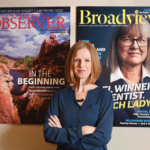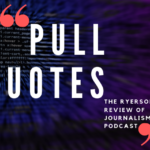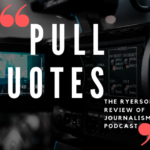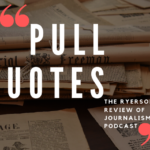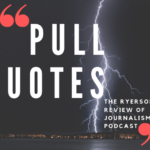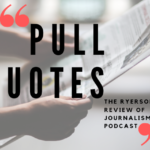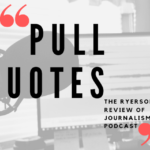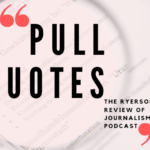Pull Quotes Season Three, Episode One: How Has the Loss of Local Media Impacted Coverage of the Federal Election?
Listen to season three, episode 1 above or subscribe on iTunes
You may have heard the news—Justin Trudeau was re-elected as prime minister in the Canadian federal election, forming a Liberal minority government. What you may not have heard is how the election played out on the local level.
As a local reporter for Collingwood Today, Erika Engel says she definitely saw less of a focus on local candidates in the news landscape this election period. As a result, she worked hard to ensure she was covering the candidates in her riding, Simcoe-Grey.
“The week before and after the writ dropped, I met with all of the candidates that were selected at that time for about an hour and used that interview to write a profile story and some of the basics of what they thought was important for residents of Simcoe-Grey and Canada in general,” Engel says. She made sure to dive deeper into what each candidate thought about important local issues, she told host of Pull Quotes, Ashley Fraser.
“I did four issue-based stories,” she says.“I took something that was sort of a national issue that we had some specific experience with locally.” One of Engel’s stories focused on the opioid crisis and what each candidate proposes to do about it, as there are “significant overdose numbers in Simcoe County,” she says.
Engel also worked with a journalism student at Humber College who crafted youth-based questions for local candidates. Engel says this not only provided the student with the opportunity to improve their journalism skills, but also helped Engel cover issues she may not have had the time or resources to otherwise.
The decline in local journalism is an issue many communities have been grappling with, perhaps because newsrooms are closing at twice the rate they are opening, according to the principal investigator of the Local News Research Project, April Lindgren.
“In the early 1990s there were close to 200 editors, reporters, and photographers in the newsroom of the Ottawa Citizen and today there are 50,” Lindgren says. “If you think that those newsrooms are providing the same amount of coverage for their communities that they did in the past with fewer reporters, well you need a reality check and I think these numbers provide a reality check.”
This lack of resources, including the limited amount of reporters in newsrooms, is something Lindgren reiterated.
While Lindgren prefers not to idealize the way journalism was done in the past—when newsrooms had more journalists—

“Who people vote for is not necessarily the issue. It’s whether they have the information they need to actually make an informed decision so it’s not just based, say, on name recognition”
she says even the people news organizations used to report on, such as municipal politicians, are “raising questions about the lack of verified, timely, independently produced news in their own communities.”
As a result of the lack of local news, Lindgren says these municipal politicians may start their own website that “parades as perhaps a news website but is really pushing a particular cause.”
In regards to the election, Lindgren says she was most concerned about the amount of information citizens received.
“Who people vote for is not necessarily the issue. It’s whether they have the information they need to actually make an informed decision so it’s not just based, say, on name recognition,” Lindgren says.
However, Lindgren agreed collaborations like Engel’s can help journalists fix this problem.
“There is a growing recognition that instead of trying to eat each other’s lunch, as we have in the past, news organizations competing with each other, how about if we pool all our limited resources to produce something that is greater than the whole,” Lindgren says.
Written by Tanja Saric
Episode 1 of Pull Quotes was edited by Ashley Fraser and produced by Tanja Saric with technical production help from Angela Glover and Lindsay Hanna. Pull Quotes executive producer is Sonya Fatah.
Podcast: Play in new window | Download
Subscribe: Apple Podcasts | Spotify | RSS
